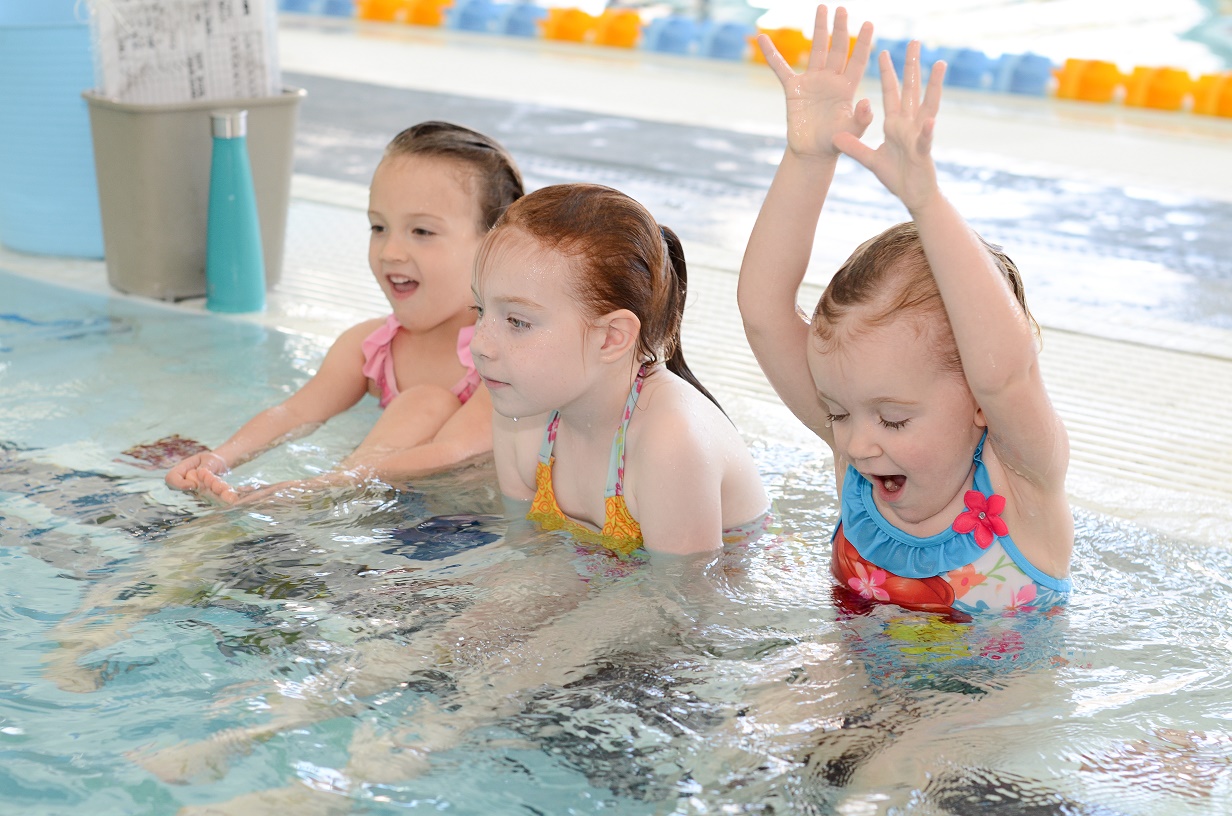
At Little Otter, we love to answer parents’ questions and help you understand our processes. Some of the most common questions we get are about how quickly a child can progress through swim lesson levels, how long it will take for them to learn how to swim, and what makes our curriculum different from other swim schools? So let’s unpack each one of these questions, along with some of the related subjects that go hand-in-hand with them.
When Will My Child Move to the Next Level?
Parents are eager to see progress in their child’s swimming skills… and we are too. We understand the urgency that often comes with the question about moving up in levels. The first thing to remember is that every single child is different. But, by and large, we’ve seen that the average student at Little Otter will take about 14–16 weeks to complete one swim level. In this span of time, parents may wonder if the child is being kept in the same level for too long. Again, we can relate to this concern.
More often than not, kids experience a steady progression forward in their skills with occasional surges and sometimes plateaus. We find the skills at each level are be best learned and embraced when our students have ample time to practice them. This is why we recommend a minimum commitment of two months, but we encourage you to reset your expectations and be reassured about the pace at which we move your child through the program. And if you ever have any questions or concerns, we’re always happy to talk about the specifics of your child’s journey. Feel free to spot ask your deck manager or stop by front desk before your lesson to ask how your child is progressing. We can take a look and give you an update, as we are constantly evaluating our students as well.
Breaking Through a Plateau
When a child begins to experience a plateau, parents are often worried. But plateaus, in particular, are a very common part of learning. When a child is learning how to swim, there can come a point when their body and mind become a little fatigued. This usually happens when a child has been progressing through swim lesson levels at a normal pace and has been in swim classes for several months, if not more. Plateaus are normally not fear-based or caused by a particular event, rather, they can be the body or mind’s way of saying, “okay, I’ve been working really hard.” When this happens, your best bet is to keep the child in class and talk with their instructor to see if there are any specific ways you can support your little one through this halt in progress. Usually, plateaus will be broken through on their own within a couple weeks, so hang in there and remain positive and consistent.
Balance Between Encouragement and Pressure
When your child is in the midst of a plateau or just doesn’t seem to be interested and/or progressing through swim lesson levels quickly enough, it can be frustrating. You’re investing money and time into lessons, and you want to see results. When you find yourself in this position, try to relate to your child first through empathy. Ask them how they’re feeling about classes, and reflect back on what they tell you. This will give them emotional validation and the freedom to feel they can tell you anything. It may also root out whether there’s a certain fear or hang-up for your little one, which you can then work through together.
Be encouraging by noticing how hard they’re working in class and acknowledging even the smallest improvements, and don’t set unrealistic expectations. Just showing up to class and participating is a big deal for some kids, and they will thrive best when they feel supported, noticed and encouraged by you – without strings attached. Contact us if you’d like to learn more about how we can get your little one swimming.


Conversations